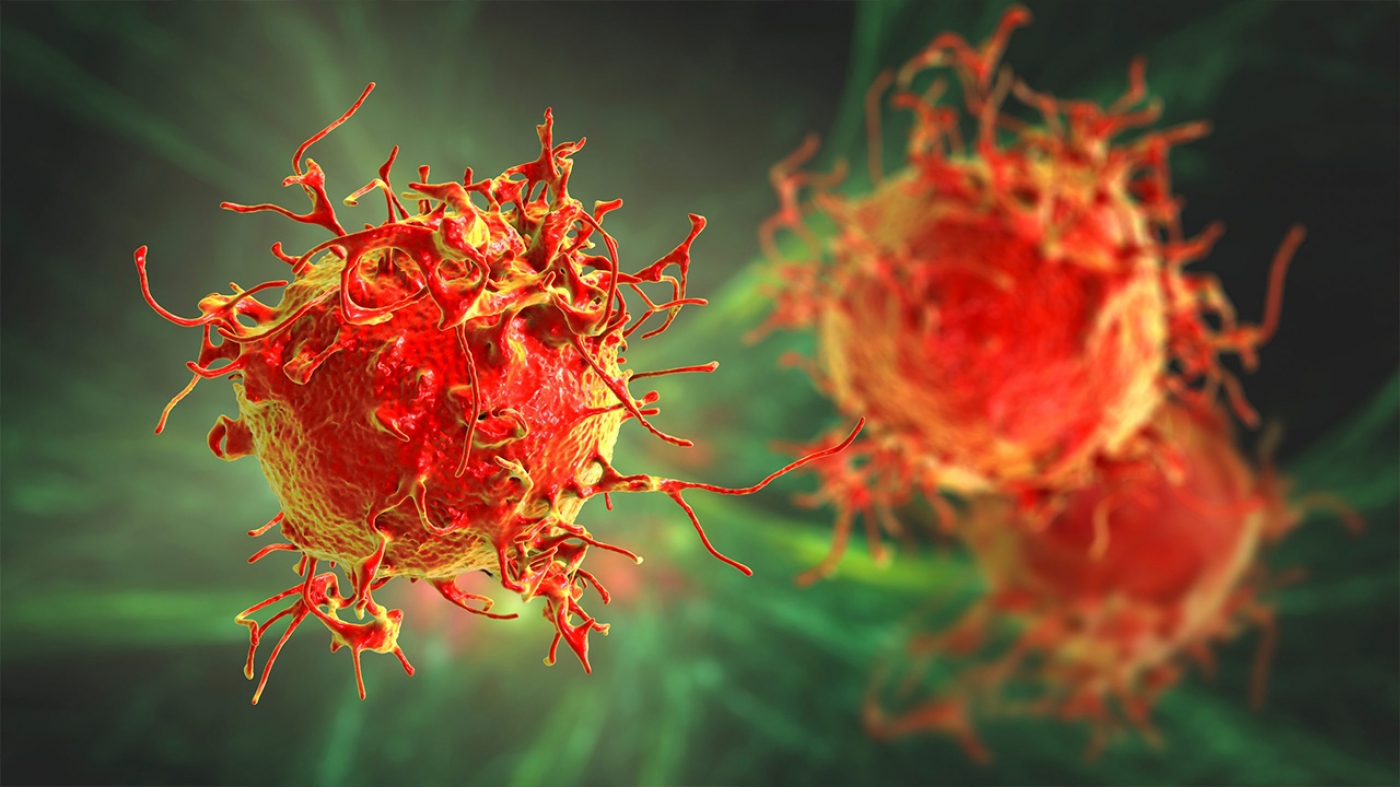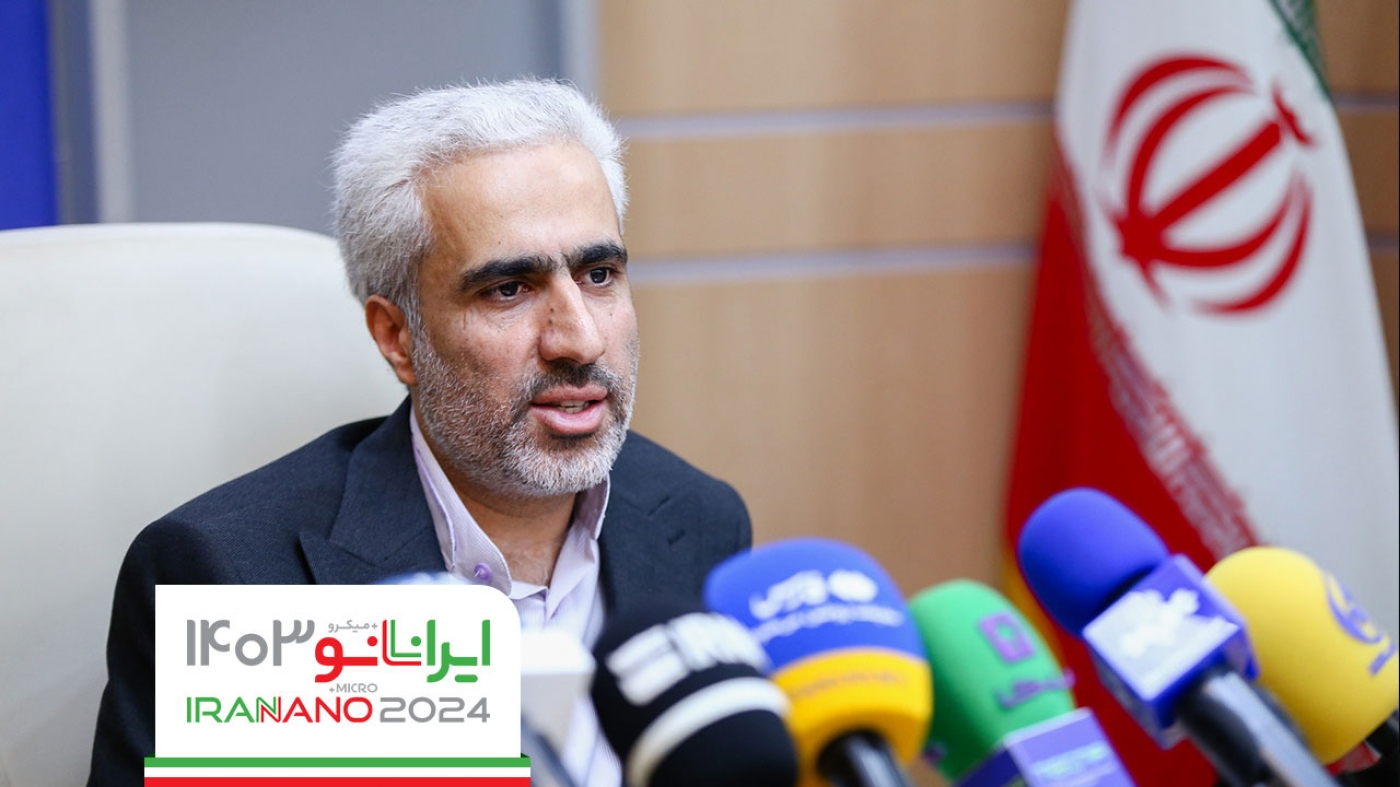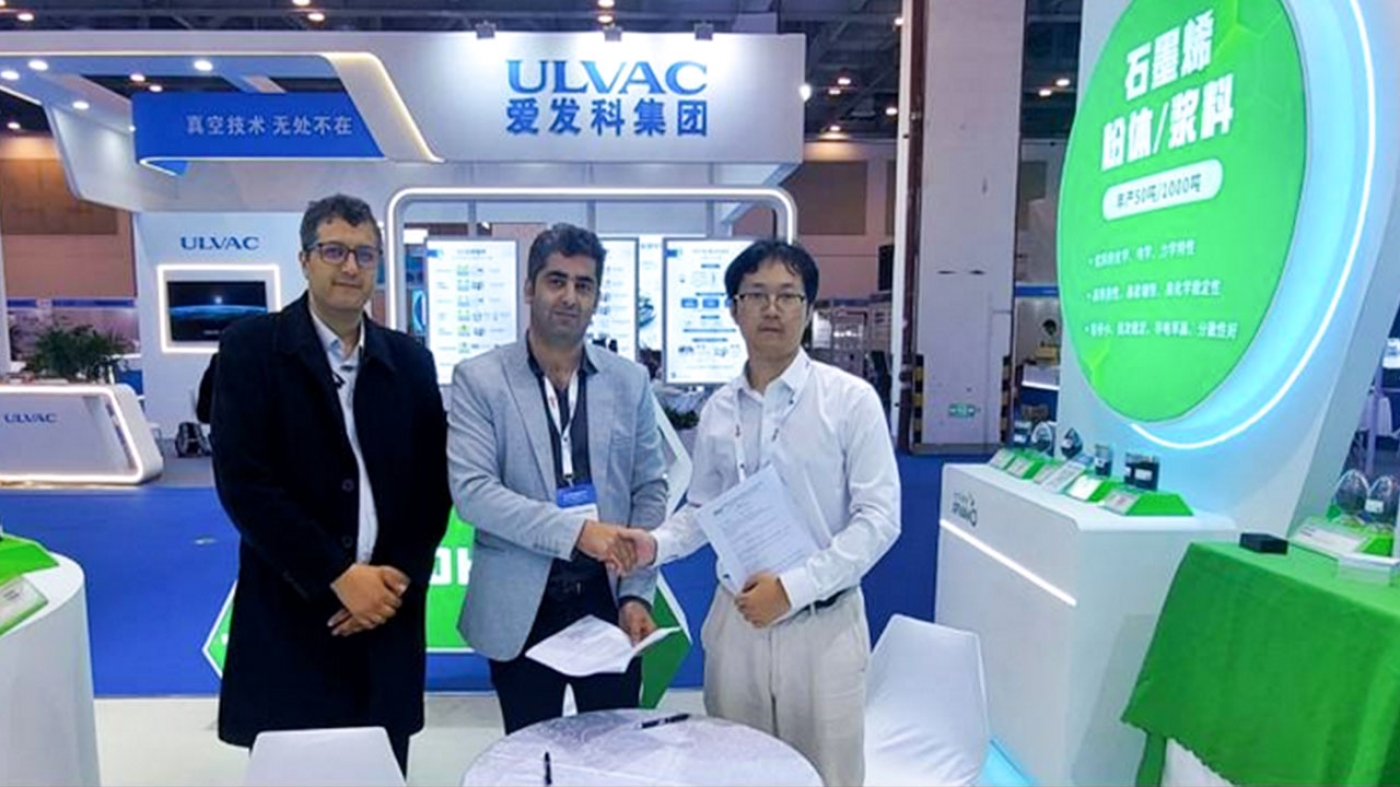Based on the use of different nanomaterials and their synergistic effect, different strategies were used to strengthen the signal and increase the sensitivity of CA19-9 marker measurement method with the lowest detection limit.
With the collaboration of other researchers from Kurdistan University, Dr. Salimi, a faculty member at Kurdistan University, succeeded in designing a biosensor for early clinical diagnosis of various markers related to certain diseases, including pancreatic cancer.
“Electrochemical luminescence (ECL) method is one of the most sensitive and accurate methods for measuring biological markers and is currently used in medical and clinical diagnosis laboratories” Salimi said, “using a high-performance probe is one of the most important challenges in this measurement method and different nanostructures including graphene have been used for ECL-based measurements.”
Millions of cancer cases are reported all over the world annually. Punctual screening is generally followed by easier treatment, probable full control and recovery. The designed biosensor is used in treatment centers for early clinical diagnosis of various markers related to certain diseases, including pancreatic cancer. Also, this product can be used in devices that are based on the ECL method in clinical laboratories for detection and measurement of different markers. Obtained results indicated successful application of this biosensor in real samples analysis and full agreement with the results obtained from the standard ELISA method.
The results of this research is published in an article entitled “Graphdiyne nanosheet as a novel sensing platform for self-enhanced electrochemiluminescence of MOF enriched ruthenium (II) in the presence of dual co-reactants for detection of tumor marker” and published in BIOSENSORS & BIOELECTRONICS journal.





